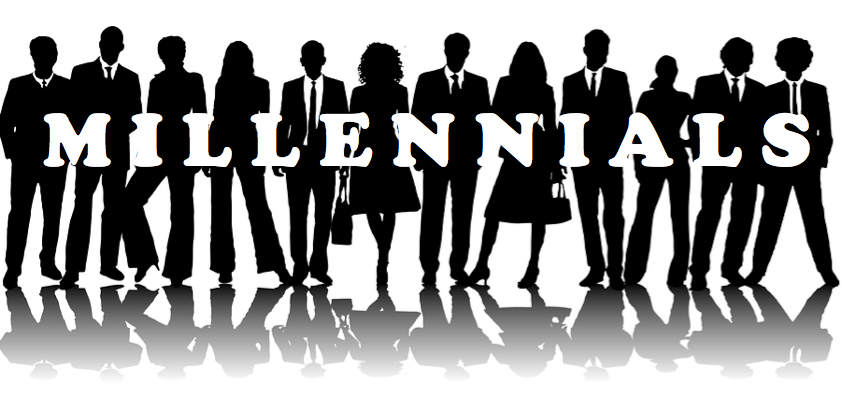There has not been a shortage of criticism for the millennial generation and their recent entry into the workforce. Heavily entitled, lacking communication skills, as well as critical thinking abilities, many believe the millennial generation wanders into the workforce unprepared, and lacking motivation to perform at expected levels. Millennial, if you want to know what I am talking about, check out the blog titled: The Top Job Skills Needed for Future Graduates.

As we look at the state of the workforce, and the development needs of our millennial generation, I believe a primary reason for this lack of preparedness in the millennial is due to a gap between their purpose (or) personal meaning, and a connection of personal meaning to their vocations.
The Millennial Difference
Today the millennial generation focuses much of its attention on careers that have a strong sense of meaning, fun, or exciting work, as well as opportunities for personal, professional, and intellectual growth. For the millennial, compensation and security does not hold the same powerful motivation to perform at one’s job as it did for their parent’s generation. For the millennial it is much more about the adventure and the impact!
Second, the millennial generation wants to feel a part of their organization, many times they want to be a part of a community. The millennial wants to do work together, they want to know they are valued, and they want to know you will be alongside them through the journey. For an example, read the previous blog titled: Let’s do War, Together.
This is very interesting to know, because if you are an organizational leader with a millennial team, then you cannot utilize the same development and motivation techniques used with previous generations. The way to motivate the millennial subset of the workforce is vastly different than the generations ahead of them, IE: the baby-boomers, generation x.
Mentorship
I have found that directly mentoring a millennial worker is an excellent source of motivation and increased job performance. Specifically, I suggest having intentional conversations on purpose, meaning, personal self-discovery and their future outlook.
I have found that when the millennial identifies a purpose for their life (or at least begins that self-exploration journey), and then connects that purpose to their vocation, their job takes on a relevance and personal meaningfulness that might otherwise lack. As a result, job performance sky-rockets. In this way, purpose can serve as an important source of achievement motivation.
As the millennial generation continues to become of age and enters the workforce, we as organizational leaders must take the opportunity to engender trust and motivate this new group of workers by aiding them to the discover their purpose (or) meaning and connect that to their organization and their job. This connection of purpose to an individual’s job responsibility resonates heavily to some of the values that the millennial generation holds to be of critical importance. IE: sense of meaning, exciting work, personal and intellectual growth. In fact, the millennial is willing to constantly job hop in order to find these things.
In short, give it a shot to mentor the millennial. Have regular, intentional conversations. Take “teachable moments” to show them new ideas or something valuable they do not know (you may even learn a thing or two yourself). Help the millennial find purpose in themselves and their work. I promise you will not be disappointed!
![]()
Grey Hoff, Jr.
Dallas-Area Christ follower, Knowledge Junkie, Organizational Leadership, World-Traveler, Connector, Story-teller, and Friend-maker. Email: grey@transformationaltrend.com